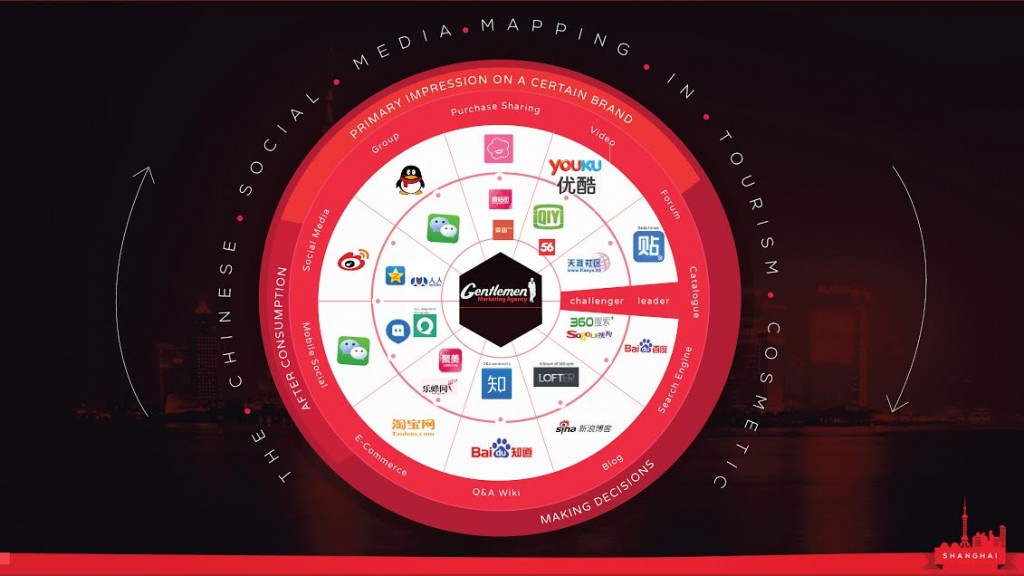The cosmetics market is still increasing in China. Indeed, Chinese consumers are more and more interested in purchasing quality and healthy products. Then, they want to avoid counterfeiting, a scourge that is rising within the Mainland. Thus, they prefer purchasing foreign products which is a refinement’s proof.
Cosmetics brands and the Chinese e-Commerce Gate

Need a cost effective TP (Tmall Partner) to sell in China?
We are an Official Tmall Partner e-commerce Agency. Our Services: E-Commerce, Search Engine Optimization, Advertising, Weibo, WeChat, WeChat Store & PR.
Moreover, Western cosmetics companies take a huge part within the Mainland’s market. Currently, it represents 80% of the Chinese cosmetics market which clearly dominate the other cosmetics brand.
Chinese beauty consumers love Western Brands
In addition, Chinese consumers are very sensitive to the quality of the service mainly concerning the infrastructures and the delivery of the product. That’s why e-commerce platforms are improving both features in order to further satisfy their target. E-commerce in China represents a huge opportunity for cosmetics companies overseas to penetrate more easily the big country. Indeed, these supports allow them to sell directly to Chinese consumers without being present in the Mainland.
Therefore, while e-commerce is the new Chinese market’s gateways, companies overseas meet some difficulties to fit in this special market.
Guide to market Cosmetics Brands in China
Chinese market’s curb
Today, 75% of cosmetics products are sold by Chinese distributors. Penetrating the Chinese market is not so easy and represents a big challenge especially for biological companies overseas. Indeed, in order to get into this special market, they have to pass through many processes and steps.
Indeed, they have to get an approval document for a hygiene license which allows them to sell their products on the Chinese market.
Also, products cosmetics need to get a Verification Certificate for Chinese Labelling on Imported Cosmetics. Then, products are inspected by the quarantine department in order to obtain a certification. Thus, the commodity inspection office delivers a notice of customs clearance which enables cosmetics importers to get customs declaration procedure.
In addition, these companies overseas have to make huge investments in order to found facilities and practice their activity. Then, they have to hire employees and pay important salaries.
Also, they need to be careful about the importation’s taxes. Indeed, since 2005, the rate is 5% on imported lips and eye make-up. Then, since 2008, it is of 6.5% on other imported products. Both rates represent a further investment for companies overseas.
Additionally, products need to be certificated as “organic products” on their package and label so that be sold in distributors.
The department of drugs and cosmetics registration which is part of the China Food & Drug Administration is in charge of ingredients’ checking in each imported product. They update authorized ingredients in China and also finished products.
As a result, foreign cosmetics companies get Cosmetic Hygiene Permits for their finished products and are able to get into the Chinese market.
These various features are very complicated and long to set up. And then, foreign companies always don’t agree with some procedures.
The animal testing

In 2013, many cosmetics Western brands such as Weleda, Lavera, Pangea organic, Logona, and many others have withdrawn most of their biological products which were tested on animals before being sold in shops. This feature wasn’t part of their ethical values.
Moreover, since 2014, all imported cosmetics products have to undergo animal testing especially hair dyes, deodorants, sun creams, and products to lighten skin.
Cross-bording’s solution

Thanks to the e-commerce boom, companies overseas have the possibility to circumvent many steps which basically are necessary in order to penetrate the Chinese market. These last years, many e-commerce platforms are born such as Tmall, JD.com, or Jumei which is dedicated to cosmetics products. These supports allow imported products to avoid animal testing and are sold directly to Chinese consumers. Moreover, online sales increased by 35% between 2014 and 2015.
In addition, these new ways enable foreign companies not to pass through usually administrative procedures or get licenses. Indeed, they are able to launch their business without being present in China.
For example, L’OCCITANE decided to sell its products on Tmall Global. Also, the French brand uses Cosme which is the largest cosmetics Korean platform got into the Chinese market thanks to the Chinese language service.
Then, the largest Australian brand, Lanopearl, keeps going on selling biological cosmetics products without organic certification in China’s distributors. The others ones are sold on Tmall Global too.

To read more: What do China’s new cross-border e-commerce laws mean for foreign brands?
Exigences’ cross-border websites
While a huge Chinese consumers’ interest in cosmetics products, these goods have to be known in China. Indeed, e-commerce platforms such as Tmall or JD.com won’t sell brands’ products if Chinese customers don’t know it.
Consequently, foreign brands have to increase their visibility and awareness on Chinese social media which represents a stepping stone to success. Indeed, consumers in China are very fond of this kind of platform because they get some advice from their community about products they want to purchase. Also, they expect authenticity. That’s why promoting a campaign around brands’ products is a good way to engage their target.
Digital Marketing
Getting into the Chinese market is not so easy. That’s why our Digital Marketing Agency exists. Indeed, we help foreign brands to get a good position on the Chinese search engines which is Baidu with Keywords, links, and many other features. Then, we learn them to use effective tools in order to increase the brands’ awareness on social media and attract their consumers.
We are in China and aware of the Chinese market, so don’t hesitate to contact us.

You can also read:



![Immunity Boosting Market in China [Full Report]](https://ecommercechinaagency.com/wp-content/uploads/2023/05/boosting-china-768x545.png)




One Comment